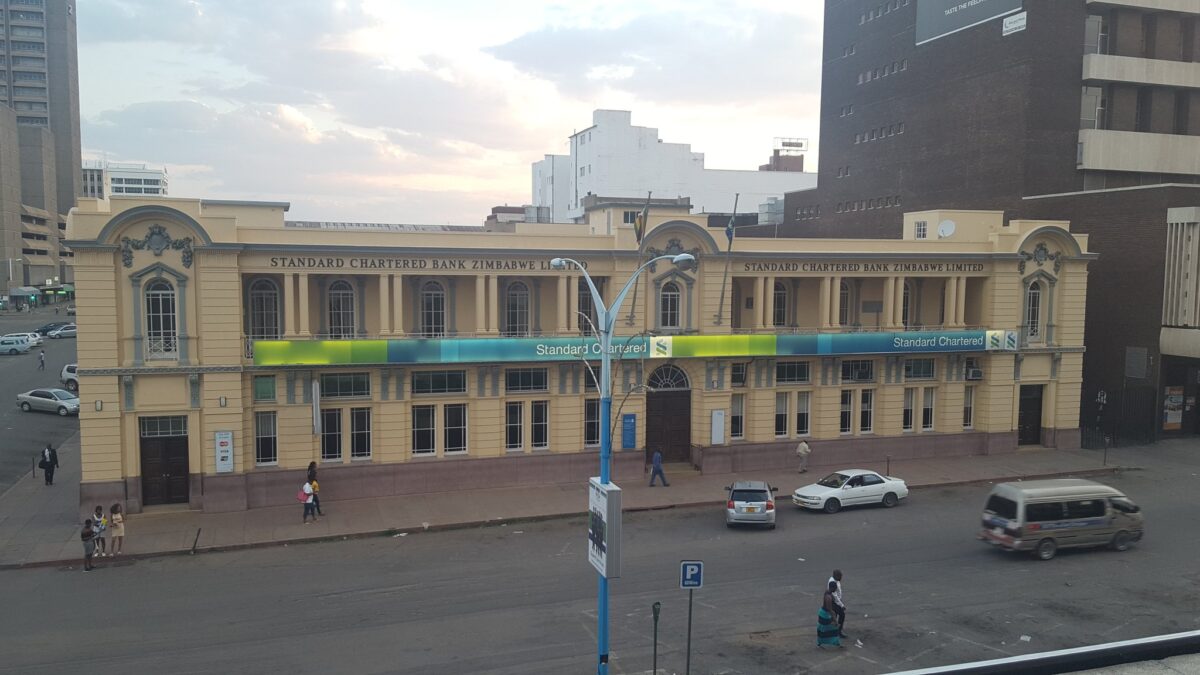LONDON, United Kingdom – Zimbabwe’s oldest bank Standard Chartered is shutting down its operations in Zimbabwe and six other countries in Africa and the Middle East as it seeks to improve profits by narrowing its focus to faster-growing markets in the region, it said on Thursday.
The bank will fully exit Zimbabwe, Angola, Cameroon, Gambia, Jordan, Lebanon and Sierra Leone.
It will also close its retail banking operations in Tanzania and Ivory Coast to focus solely on corporate banking.
The move marks a major shift for Standard Chartered, which has been among the biggest European lenders to invest in the continent in recent years at a time when peers have been withdrawing.
The bank intends to keep investing in Africa and the Middle East but “remain disciplined in our assessment of where we can deliver significantly improved shareholder returns,” said Chief Executive Bill Winters.
The cuts would allow it to focus on bigger and faster growing economies in the region, such as Saudi Arabia where it has opened its first branch, and Egypt.
The markets being exited generated around one percent of total income in 2021 and a similar proportion of profit before tax, the bank said. StanChart is currently present in 59 markets and serves clients in a further 83.
It did not immediately comment on the number of job losses as a result of the cuts.
StanChart joins the ranks of other global players to reduce their presence in Africa in recent years as they struggle to reach scale compared with incumbent locals while the region’s economy has faltered.
It has pursued a strategy of investing heavily in digital banking in Africa but, like other global lenders, found it hard to translate customer acquisition into steady profits.
The bank had reduced branches in Zimbabwe while putting emphasis on digital services.
Standard Chartered, then known as Standard Bank, opened its first branch in Bulawayo in 1892. It merged with Charted Bank in 1969 to form Standard Chartered Bank.
Barclays sold its African unit in 2016, ending its 90-year presence on the continent, while Credit Suisse pulled out of its wealth management business in nine African countries this year.
The economy in Sub-Saharan Africa, home to many of the poorest nations on earth, has contracted sharply during the pandemic and has struggled to recover compared with developed economies, many of which have seen a sharp and stimulus-fuelled bounce back.
The International Monetary Fund predicted in October that the region’s economy would expand by 3.7 percent – 3.8 percent this year and last – the slowest recovery relative to other regions around the globe.
Some lenders are still scaling up in Africa, with Deutsche Bank saying last year it will expand its private bank in the region.
















